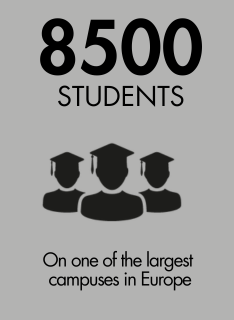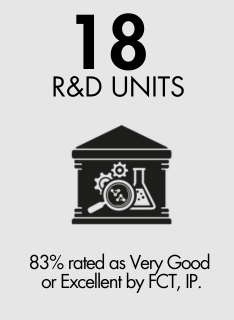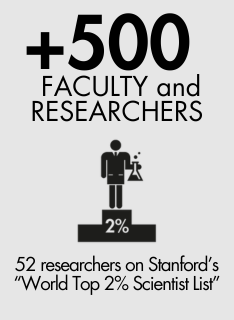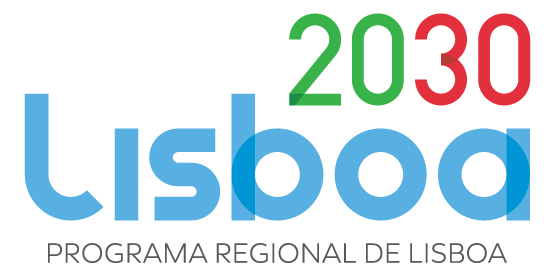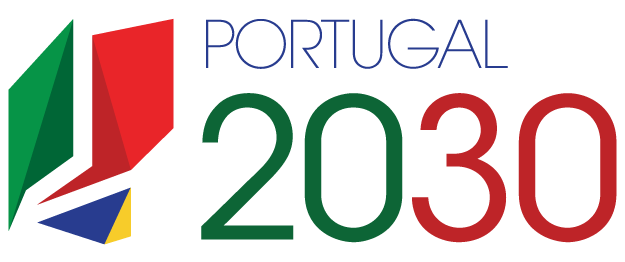In addition to the documentation listed on the page https://www.fct.unl.pt/en/education/phd-programmes, applicants must submit a Statement of Purpose in which they explain their motivation for pursuing the PhD.
Admission Requirements
Applicants must meet one of the following requirements:
- Hold a master’s degree in any field of Engineering, Natural Sciences, or Exact Sciences, or related areas, or a legally equivalent qualification, obtained from a national or foreign institution;
- Hold a bachelor's degree and have an academic or scientific curriculum deemed particularly relevant and recognized by the Scientific Council of NOVA FCT as demonstrating the capacity to undertake this cycle of studies;
- Hold an academic, scientific, or professional curriculum recognized by the Department and the Scientific Council of NOVA FCT as demonstrating the capacity to undertake this cycle of studies.
Selection criteria
Academic and scientific curriculum (75%), including the following aspects:
- Academic degrees and achieved results;
- Professional experience and relevant skills;
- Scientific curriculum: research experience, publications;
- Proficiency in English;
Motivation letter and interview (25%).


